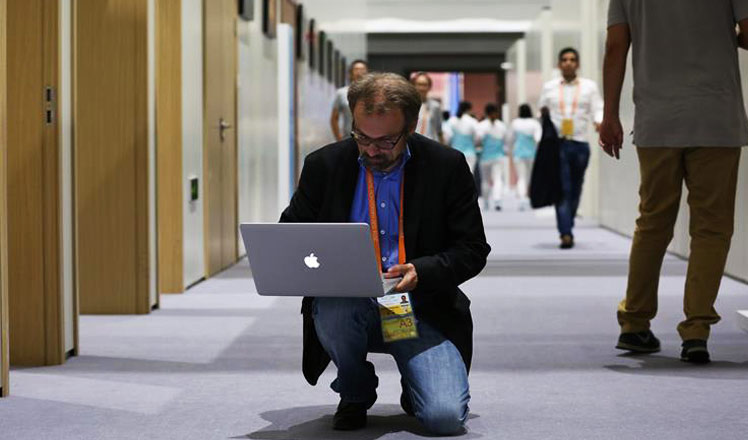Obama has job cut out to leave behind legacy
Updated: 2016-09-07 07:40
By Shen Dingli(China Daily)
|
||||||||
Obama's policy toward China, like his other policies, too, has yielded mixed results. But despite mutual frustration over hacking, and maritime security and human rights issues, the list of Sino-US cooperation is long.
China and the US succeeded in converting their tense relations, as seen at the 2009 Copenhagen climate conference, into a cordial partnership that led to the signing of the Paris Climate Agreement. The meeting between President Xi Jinping and Obama on the sidelines of the G20 Summit was another example of the two countries' fruitful cooperation.
China-US cooperation to promote nuclear nonproliferation is another major success. Beijing and Washington worked together to advance the P5+1 negotiation with Iran to reduce nuclear threat and conclude the Joint Comprehensive Plan of Action in July 2015.
But the Korean Peninsula issue continues to pose a challenge to the regional peace, with the Democratic People's Republic of Korea intensifying its nuclear program and the US' deployment of the Terminal High Altitude Area Defense system in the Republic of Korea has made matters worse. So, in conjunction with China, Obama has to adequately address each of these issues as well as to decouple them. Otherwise, growing distrust will undermine their concerted efforts to bring stability to the peninsula and consolidate the non-proliferation regime.
The South China Sea issue is not a part of the G20 Summit, but still it's important for China and the US to agree to respect each other's sovereign rights and maritime interests. For example, the US should stop taking sides in the South China Sea disputes, and China should respect US interests in international air space and sea. So it will be a welcome change to see Obama employing an approach at what could possibly be his last official meeting with China's top leaders that shows reconciling interests isn't necessarily mission impossible.
The author is a professor at and associate dean of the Institute of International Studies, Fudan University.
- Obama cancels stop after Duterte's barbs
- Obama thanks Xi for helping manage issues
- Obama, Putin meet on G20 sidelines over Syria, Ukraine
- Xi, Obama hail expansion of dialogue, commit to climate deal
- Xi, Obama commit to climate deal
- Xi urges enhanced trust in meeting with Obama
- Xi urges enhanced trust in meeting with Obama
- Xi tells Park China opposes deployment of THAAD in ROK
- Singapore confirms 27 new cases of Zika infection
- Russia, Britain agree to mend ties
- EU can't leave entire migration issue to mediterranean countries: official
- Rousseff appeals impeachment to Supreme Court
- Europeans displeased with their education systems

 First Ladies shopping in Hangzhou
First Ladies shopping in Hangzhou
 Flower children greet world leaders in Hangzhou
Flower children greet world leaders in Hangzhou
 World's largest transparent-domed bar under construction
World's largest transparent-domed bar under construction
 In pics: Journalists cover G20 Summit in Hangzhou
In pics: Journalists cover G20 Summit in Hangzhou
 Air attendant 'incubator' welcomes freshmen
Air attendant 'incubator' welcomes freshmen
 Evening gala for G20 summit held in Hangzhou
Evening gala for G20 summit held in Hangzhou
 First Lady fashion: Rhapsodies in blue
First Lady fashion: Rhapsodies in blue
 Hangzhou: A city of bridges in East China
Hangzhou: A city of bridges in East China
Most Viewed
Editor's Picks

|

|

|

|

|

|
Today's Top News
Trump outlines anti-terror plan, proposing extreme vetting for immigrants
Phelps puts spotlight on cupping
US launches airstrikes against IS targets in Libya's Sirte
Ministry slams US-Korean THAAD deployment
Two police officers shot at protest in Dallas
Abe's blame game reveals his policies failing to get results
Ending wildlife trafficking must be policy priority in Asia
Effects of supply-side reform take time to be seen
US Weekly

|

|







